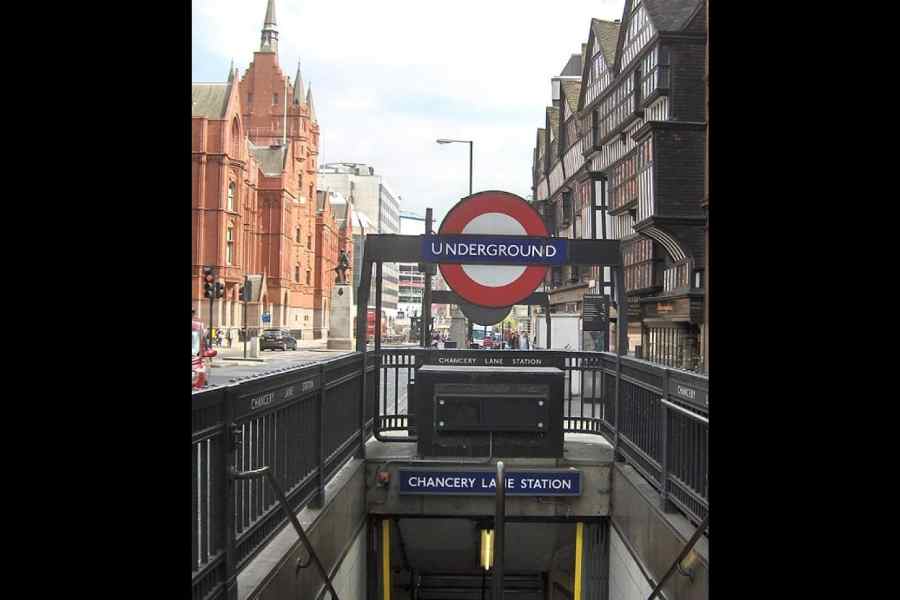Paris Skouros pointed towards the sky outside his office in Athens on a recent weekday. In the past six months, four high-rises had sprung up, built by Greek and international builders to be sold for use as tourist rentals, foreign real estate investments and company offices. Farther afield, a fresh crop of new buildings dotted the horizon.
Greece’s financial crisis almost ruined his firm, Skouros & Sons, an elevator company. Years of harsh austerity measures imposed by international bailouts had been wrenching, Skouros said, as new construction ground to a standstill. But now an economic recovery has barrelled in.
“During the crisis, we just wanted to survive,” Skouros said, as the sound of hammers hitting sheet metal rang out in his workshop. “Now we’re profitable, and business is so strong that we can’t find enough workers to keep up with demand.”
Laden with debt it couldn’t pay back, Greece nearly broke the eurozone a decade ago. Today, it is one of Europe’s fastest-growing economies. In a significant acknowledgment of the country’s turnaround, credit ratings agencies have been upgrading their appraisal of Greece’s debt, and opening the door for large foreign investors.
The economy is growing at twice the eurozone average, and unemployment, while still high at 11 per cent, is the lowest in over a decade. Tourists have returned in droves, fuelling a construction frenzy and new jobs. Multinational companies, like Microsoft and Pfizer, are investing. And banks that almost collapsed have cleaned up and are lending again, benefiting the broader economy.
Greece still faces risks. Its mountain of debt has shrunk, but at 166 per cent of the economy, it’s among the world’s highest. The country’s banks still hold a pile of non-performing loans that is bigger than the European average. And the misery of austerity is still fresh for some people, made worse by stubbornly high inflation stoked by Russia’s war in Ukraine.
The country’s Prime Minister, Kyriakos Mitsotakis, a business-friendly conservative politician, was re-elected by a landslide in June after being credited with spurring a recovery by reducing taxes and debt. The government cut red tape for businesses and raised the minimum wage. The country is even paying back international bailout money ahead of schedule.
Mitsotakis hailed Greece’s return to investors’ graces. “I will never allow us to relive the trauma of a national bankruptcy,” he said a day after the latest upgrade.
Greece became the centre of Europe’s debt crisis after Wall Street imploded in 2008. Ireland, Portugal and Cyprus were also forced to take international bailouts. But Greece had it the worst, requiring three rescue packages from 2010 to 2015, totalling 320 billion euros, or $343 billion, with bitter austerity terms. Household incomes and pensions were slashed. The economy shrank by a quarter, and hundreds of thousands of businesses collapsed as banks shuttered. By 2013, nearly a third of Greeks were unemployed.
“We would have liked the austerity to be milder, but the measures were the Greek contribution to saving itself,” said Yannis Stournaras, a former finance minister who is the governor of Greece’s central bank and a member of the European Central Bank board. “Greece had to take these tough steps to survive.”
Greece exited the bailout programs’ strict fiscal controls in 2018, and the government’s actions since then have earned confidence from the European Union. In 2021, Brussels policymakers approved another €30 billion for climate investments in Greece, part of a broader effort to bolster EU economies after Covid-19 lockdowns.
This month, DBRS Morningstar, a global credit rating agency recognised by the European Central Bank, raised Greece’s debt rating to investment grade, a move that opens the door for pensions and other big investors to buy bonds issued by the government. And that will lower borrowing costs for households, businesses and the government.
Moody’s, one of the largest credit ratings agencies, raised Greece’s debt rating on Sept. 15 by two notches, just short of investment grade, citing “profound structural change” in the country’s economy, finances and banking system.
Investors are jumping in. Microsoft is building a €1 billion data centre east of Athens. Farther north, Pfizer is anchoring a €650 million research hub. American, Chinese and European companies are pitching renewable-energy deals. And investments by Cisco, JPMorgan, Meta and other multinationals are projected to have an economic impact worth billions of euros over the next few years.
Well over 10 million tourists swarmed into Greece this summer despite a spate of wildfires, bringing estimated revenues of over €21 billion. Construction has climbed on the mainland and on popular Greek islands.
The activity has buoyed businesses like the one run by Skouros. The company, which he manages with his brother, John, was founded by their father in 1965. When orders dried up during the economic crisis, they pulled through by servicing elevators they had already installed around Athens.
Today, it has orders for elevators in 10 buildings, up from none during the crisis and Covid lockdowns. At around €20,000 per elevator, the firm is profitable again. Skouros raised salaries 10 per cent and hired five more employees.
For others, the economic upturn has yet to heal the scars from austerity.
Dmitris Mitrofinakis, 67, has struggled to bounce back from shuttering the home décor store that he ran for over 40 years, after draining his personal savings during the crisis to try to salvage it. When he retired in 2015, the pension that he had long paid into was slashed to €1,300 a month from the €2,400 he was supposed to get.
“The austerity imposed on Greece was too strict,” said Mitrofinakis.
He sees signs that the economy is improving. “When you look around, people have more work and higher salaries,” Mitrofinakis said. “But a lot of other people haven’t recovered,” he said, adding that many of his retired neighbours are struggling to make ends meet.
Roula Skouros, a hotel manager in the city of Tripoli, doesn’t expect Greece’s investment grade rating to improve her life. Her paycheck has always hovered around the minimum wage, she said. But with inflation running rampant at the gas pump and grocery store, an improved economy “doesn’t mean anything if you can’t afford gas and food,” Skouros said.
In a recent speech, Mitsotakis acknowledged the challenges and vowed to spread the recovery’s benefits more widely. His government announced that it aimed to raise the monthly minimum wage to €950 by the end of its four-year term after lifting it to €780 in April. Public-sector salaries will also increase for the first time since a 20 percent cut during the crisis to pay Greece’s debts.
For Konstantinos Kanderakis, 62, a supervisor at Greece’s digital services agency, the gains are meaningful. He earns €1,300 a month after a 35-year career in government, and he will get a €100 monthly increase after a decade in which his income had fallen.
“It’s a big psychological boost,” he said. “Greece is stable again, and what I am happy about is that things will be better for my children.”
New York Times News Service










